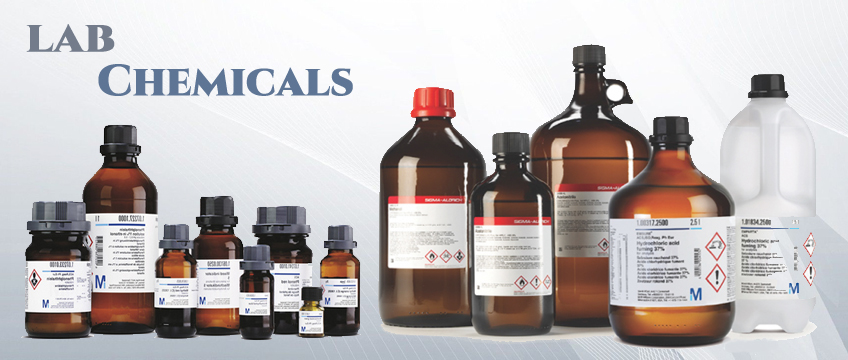Chemical agents are substances that are used to bring about a chemical reaction or to produce a desired effect. They are widely used in various industries, including agriculture, food processing, pharmaceuticals, and manufacturing. In this article, we will explore the benefits of chemical agents in these industries.
- Agriculture
Chemical agents are used in agriculture to increase crop yields, protect crops from pests and diseases, and improve soil quality. Fertilizers, pesticides, and herbicides are some of the most commonly used chemical agents in agriculture. Fertilizers provide essential nutrients to plants, while pesticides and herbicides protect them from harmful insects and weeds.
- Food Processing
Chemical agents are used in food processing to improve the quality and safety of food products. Food additives, preservatives, and flavor enhancers are some of the most commonly used chemical agents in food processing. Food additives are used to improve the texture, color, and flavor of food products, while preservatives are used to extend their shelf life.
- Pharmaceuticals
Chemical agents are used in pharmaceuticals to develop new drugs and to improve the effectiveness of existing ones. Active pharmaceutical ingredients (APIs) are the chemical agents that provide the therapeutic effect in drugs. They are carefully formulated and tested to ensure their safety and efficacy.
- Manufacturing
Chemical agents are used in manufacturing to improve the quality and efficiency of production processes. Catalysts, surfactants, and solvents are some of the most commonly used chemical agents in manufacturing. Catalysts are used to speed up chemical reactions, while surfactants and solvents are used to improve the flow and mixing of materials.
In conclusion, chemical agents play a vital role in various industries, providing benefits such as increased crop yields, improved food quality and safety, new drug development, and improved manufacturing processes. However, it is important to use these agents responsibly and to ensure their safety and efficacy.







+ There are no comments
Add yours